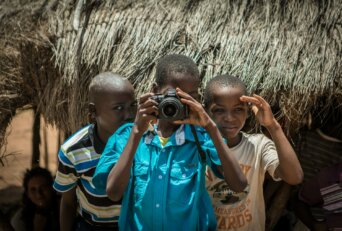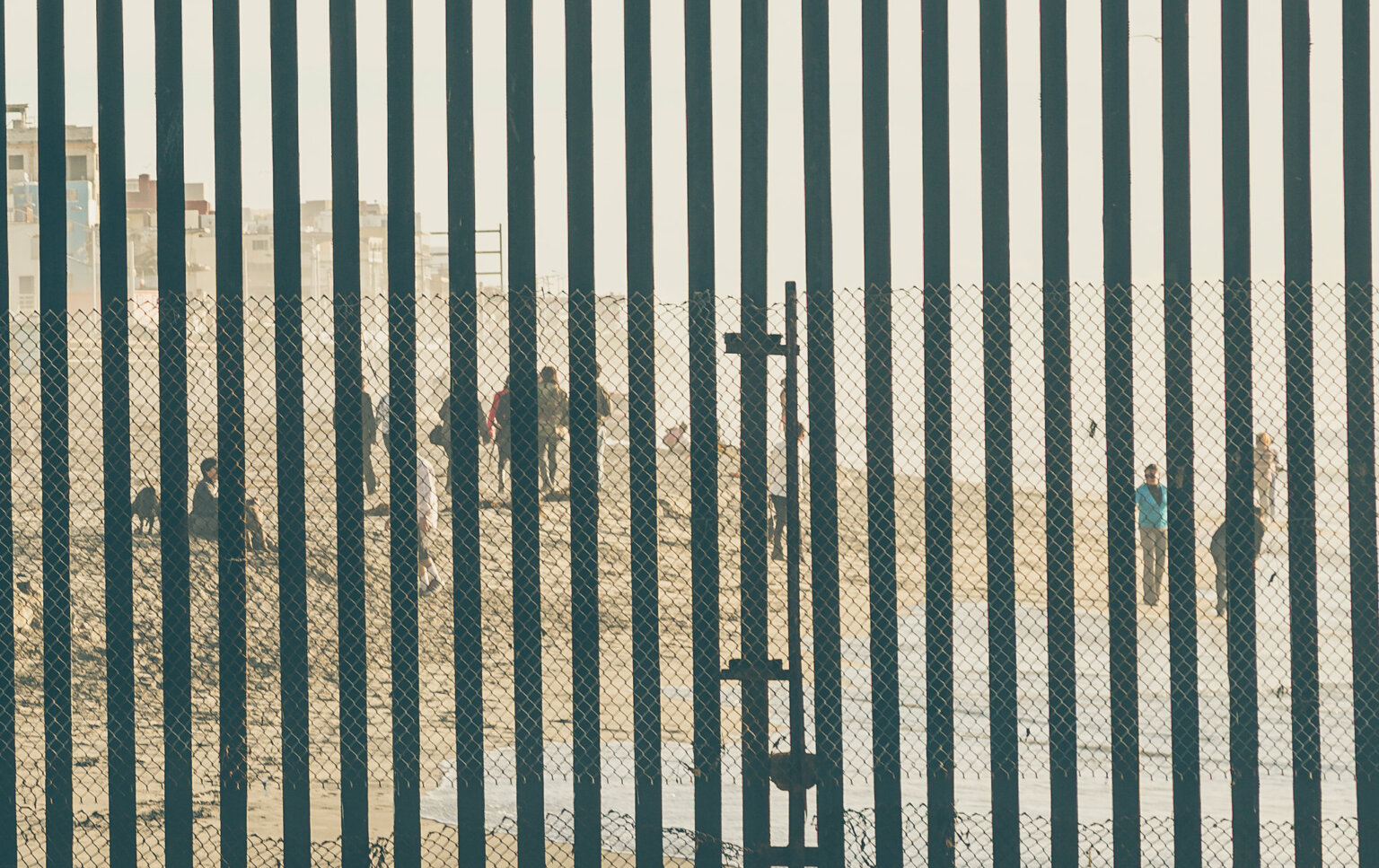- About
- Topics
- Picks
- Audio
- Story
- In-Depth
- Opinion
- News
- Donate
- Signup for our newsletterOur Editors' Best Picks.Send
Read, Debate: Engage.
| topic: | Refugees and Asylum |
|---|---|
| located: | Kenya, Syria |
| editor: | Bob Koigi |
With the worsening of global conflicts, climate change and persecutions, the amount of people fleeing their homes has seen a historic rise in the past decade, now surpassing the 100 million mark. Yet, as they navigate rough terrains and face numerous challenges trying to adapt to new environments, technology has been their saving grace and has redefined migration.
From the sprawling refugee camp in Kakuma, Kenya to European cities, refugees and asylum seekers have embraced technology, chiefly smartphones, as a key aspect of their new lives. So much so that a report has shown that these refugees are willing to sacrifice their food rations, education or healthcare in exchange for airtime and internet bundles.
As a basic need, the refugees have been using smartphones to navigate their way through various routes, preserve documents and photos, learn new languages, keep in touch with their families and friends, read holy texts and educate their children. These emerging technologies are also proving important for aid workers in reaching refugees and understanding their needs and challenges.
Among the innovations of technology are an AI-powered platform that connects refugees with places where they are more likely to find jobs, a program that points Syrian refugee women to doctors at the click of a button, an online bank that allows migrants to bank as if they had never left their countries and apps that connect refugees with their loved ones in times of despair. There is no limit to how much technology continues to transform modern migration.
While innovation has played such a pivotal role in refugees’ lives, there is nevertheless the need to enhance systems and processes to ensure that it doesn’t harm their wellbeing. Having broken and dead links or outdated information portals, for example, can mislead refugees with false information, putting their lives at risk. Protection of refugees’ online and personal information should be guarded to prevent it from falling in the wrong hands, as happened with the Rohingya refugees, which lead to further persecution and discrimination.
Photo by Martin Bekerman

